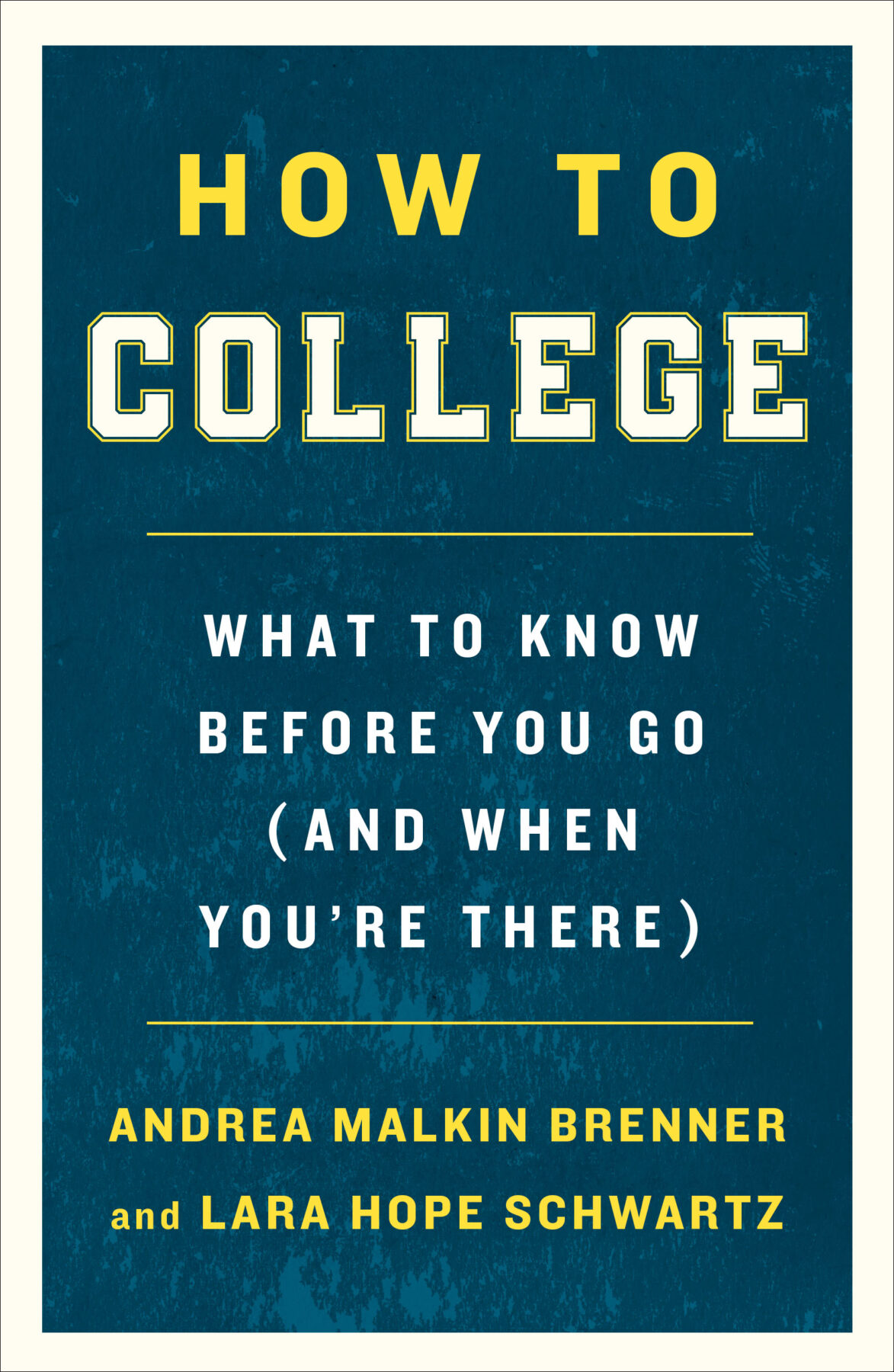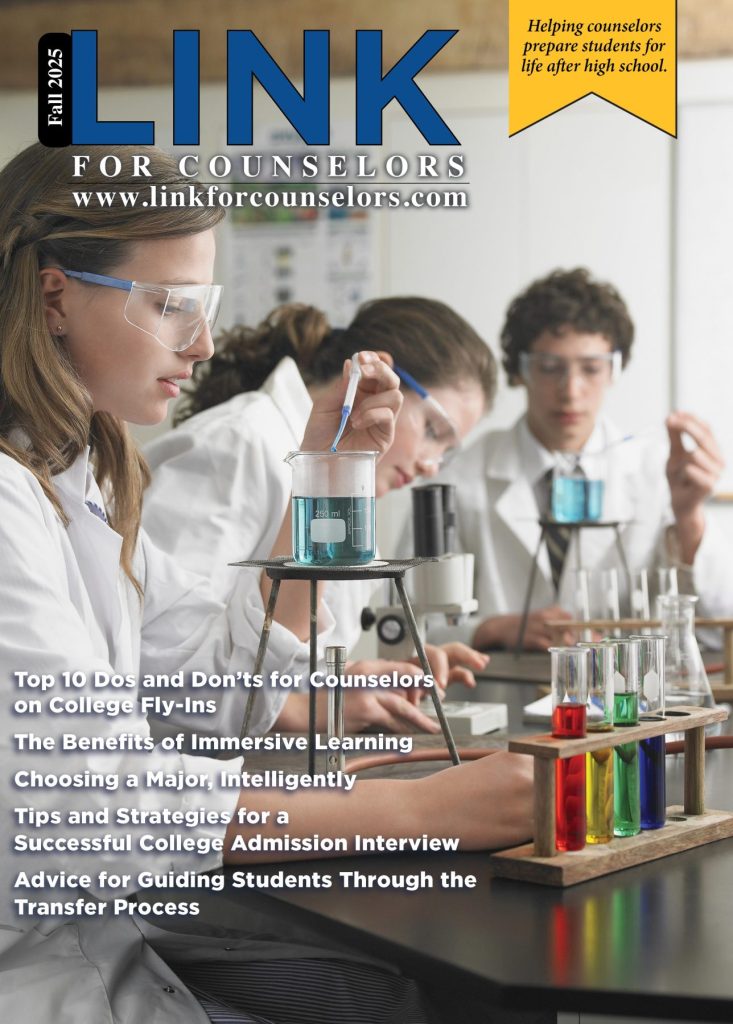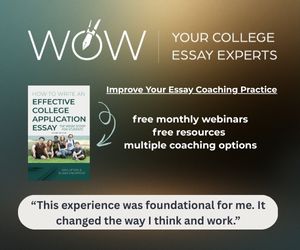Raising children involves preparing them for what’s to come. Practicing new routines and discussing unfamiliar and potentially challenging scenarios offers teens reassurance that the unknown isn’t totally out of their control. Thoughtful preparation shouldn’t stop when teens graduate from high school and make plans to transition to college.
Discussing important “adulting” topics is essential for you and your college-bound student. The pre-college conversations below are suggested prompts to initiate discussions with your child, not parental lectures. These resulting conversations enable parents to share their opinions, provide guidance, discuss expectations, and communicate their support of their teen’s ability to thrive in the transition ahead. They also offer college-bound students the opportunity to share their ideas, concerns, and expectations before they begin handling many of these issues on their own. Here are 10 topics they should talk to their children about.
1. The Big Picture
Why have this conversation? Sometimes parents overlook the most obvious questions in their conversations with their college-bound students. Big-picture discussions will help ground future conversations about the big transition ahead.
Prompts to start the dialogue: Why does the student want to go to college? Why do you want your child to go to college? What decisions does the student want to make independently in college? What decisions do you want your child to make independently in college? What do you each consider to be a successful college experience academically? Socially? Emotionally?
2. Family Expectations
Why have this conversation? Parents and teens often have differing expectations about how their relationship will change once college begins.
Prompts to start the dialogue: How often and by what means do you expect to communicate with each other once college begins? What are your expectations regarding your child’s responding to texts and phone calls? Staying in touch with siblings and extended family? What is most important for you to know about how your child is managing their first weeks in college? What is most important for your student to know about life at home when they are away?
3. Money
Why have this conversation? College costs continue to rise, and families are struggling to pay for their children’s undergraduate education. Simultaneously, most incoming college students lack experience with budgeting, saving, loaning, and using credit.
Prompts to start the dialogue: How much does the student’s college (or the colleges they are considering) cost annually including tuition, room, and board? What will the family/student contribute? Does the family/student anticipate taking out loans? Who will be responsible for repaying these loans? Will the student find part-time work in college? How will expenses be handled such as food off the meal plan, entertainment, or online purchases? Does the student know how to keep a weekly/monthly budget?
4. Safety
Why have this conversation? Student safety is a priority for every college, but with so many people living in close proximity, even the safest campuses experience their share of crimes, burglaries, and assaults. Discussions about emergency preparedness and safety precautions are important to discuss with students before they leave home.
Prompts to start the dialogue: What are some ways for the student to protect themself while walking alone? What is their plan if a valuable item, such as a wallet or laptop, is lost or stolen on campus? What are some ways the student can stay safe and keep their friends safe while attending college parties? How can students keep their personal information safe while using credit cards or using unsecured Wi-Fi connections in college?
5. Health
Why have this conversation? Parents have until now been responsible for preventative healthcare and caretaking their sick kids, but college students will begin to manage all aspects of their own healthcare (and illnesses spread rapidly in residence halls!)
Prompts to start the dialogue: What is the health insurance plan the student will have in college and how does it work? Is the student able to narrate their personal health history to a medical provider? What are the names and dosages of the medications the student takes and why do they take them? Does the student make their own appointments for medical and dental visits yet? Do they refill their own prescriptions?
6. Academics
Why have this conversation? Ultimately, college is school, but the differences between high school and college academic standards take a lot of new college students by surprise. These differences include time management, personal responsibility, finding and using academic resources, and more heavily weighted assignments.
Prompts to start the dialogue: What are the differences between how academic success is defined in high school versus in college? What are the student’s time management challenges? What are the student’s/family’s expectations for the chosen academic course of study? What are the expectations for sharing grades now that parents will not have direct access to them? What are the specific advantages of attending professors’ and TAs’ office hours? How will the student know if they should consider dropping a class?
7. Relationships
Why have this conversation? Healthy relationships with roommates, friends, romantic partners, mentors, and educators are a key factor in whether or not a first-year student will return to college for their sophomore year.
Prompts to start the dialogue: How will the student respond if they just can’t get along with their roommate? How might the student approach a situation where a new college friend cannot afford things that they can afford or where they cannot afford things that others can? How might someone recognize an unhealthy or toxic relationship with a mentor? An employer? A romantic partner? When speaking to new college friends, what topics might make the student feel uncomfortable at first?
8. Drugs and Alcohol
Why have this conversation? The availability of drugs and alcohol + the absence of parents + the desire to fit in = potentially risky decisions regarding college partying.
Prompts to start the dialogue: What role does the student think alcohol and drugs will have in their college experience? What are your expectations for your student’s behavior regarding substance use in college? How should the student care for a peer who is very drunk or has passed out? What are the known dangers specific to college binge drinking? How is consuming edibles different from smoking marijuana? How does substance use affect a person’s ability to consent to a sexual experience?
9. Getting Involved
Why? Studies show that involvement in campus clubs and organizations offers significant benefits for college students, such as finding a community of friends and expanding their organizational and leadership skills.
Prompts to start the dialogue: Which clubs, organizations, or affinity groups does the student want to explore in college? When the student pictures getting involved in college, do they think they’ll want to hone existing skills and passions or try something completely new? If they are interested in Greek life, what is the best way to handle the time commitment, social pressures, and financial responsibility of joining?
10. Self-Care
Why? Across the country, colleges and universities are facing a huge increase in the number of students needing mental health care and wellness support. New college students must learn to balance their daily self-care with all the newness of an already stressful college life.
Prompts to start the dialogue: How much sleep does the student need to function well? What are some ways to develop a healthy sleep routine in college, given all the distractions? Are there foods the student should eat regularly or limit? What are the student’s plans for following a healthy exercise routine in college? Will the student use the counseling services offered at their new college? What are some healthy ways for the student to relieve stress?
These discussion prompts are just the beginning. If you are interested in more check out the Talking College™ cards, created by Dr. Brenner and built on the experiences of college faculty, staff, and families. The cards provide prompts for the most important pre-college discussions about “adulting.” The deck includes 279 discussion prompts covering 11 different themes.
This post was written by Andrea Malkin-Brenner and posted at Grown & Flown



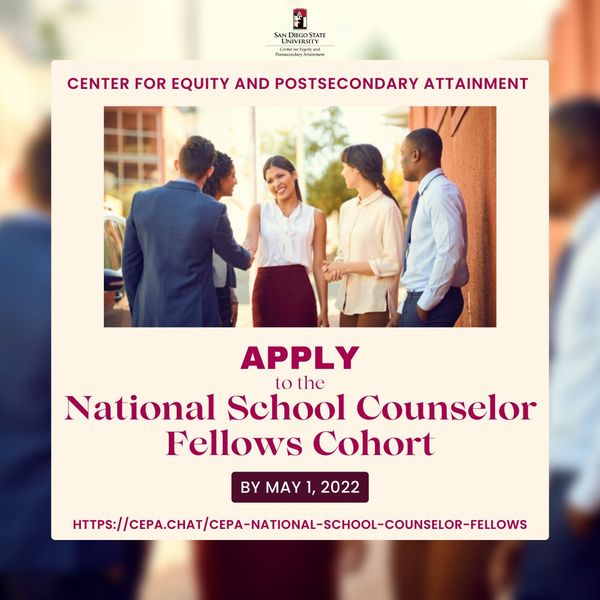
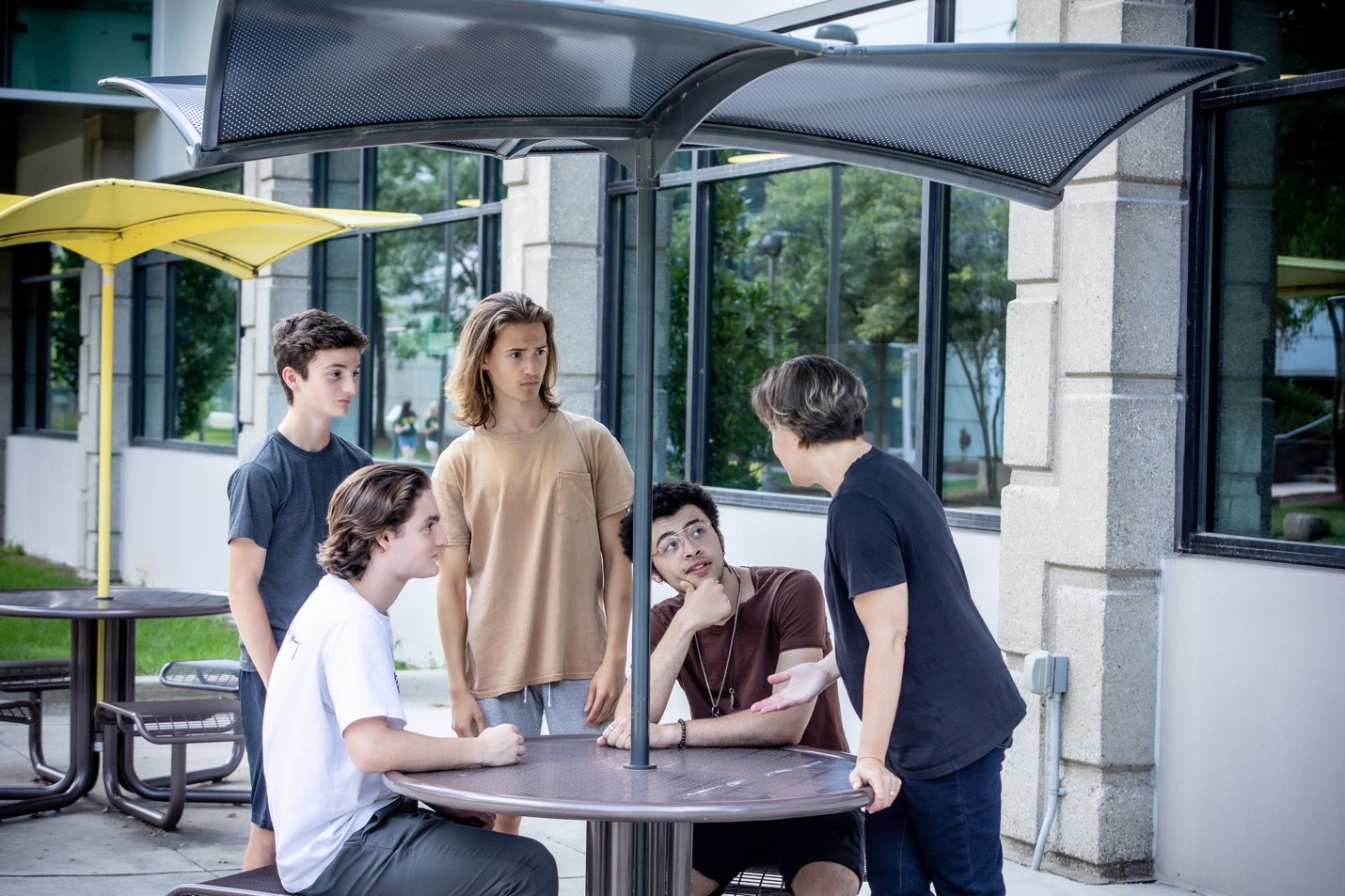
 Kim Lifton, of Farmington Hills, MI, is President and Co-founder of
Kim Lifton, of Farmington Hills, MI, is President and Co-founder of 
